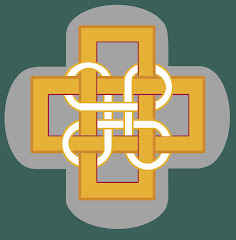The leaders of the religious establishment had made up their minds. Their decision was based on Scripture. The Messiah would come from Judea, and not from Galilee. The Messiah’s leadership would be in the Davidic (governmental) line, and not in the Levitic (priestly, or spiritual) line. For these reasons, Jesus could not be the Messiah, regardless of what he said or did, or what his followers said about him. All claims about him had to be false, because they conflicted with Scripture—at least, as they read Scripture.
At the dawn of the cyber age, in the 1960s, the lay theologian Karl Deutsch observed that, in the coming years, humanity’s future rested on our acceptance of what Christians have called humility and grace—rather than on any doctrinal or experiential certainty. He defined them in simple terms. Humility is the understanding that the help you most need in any situation is most likely to come from the least likely source. Grace is living on the assurance that such help will be available when you need it.
Within a generation of the crucifixion, Jerusalem, led by the religious establishment of Jesus’ day, was completely destroyed. The help its leaders sought did not come. Jesus, whom they crucified as a heretic, arose and lives. So much for absolute certainty.
God, stop me when I’m sure I know the answers. Keep me open to receive your love and your spirit—and the possibilities that they provide. Give me humility and grace. So may it be.
Paul Brockman


No comments:
Post a Comment